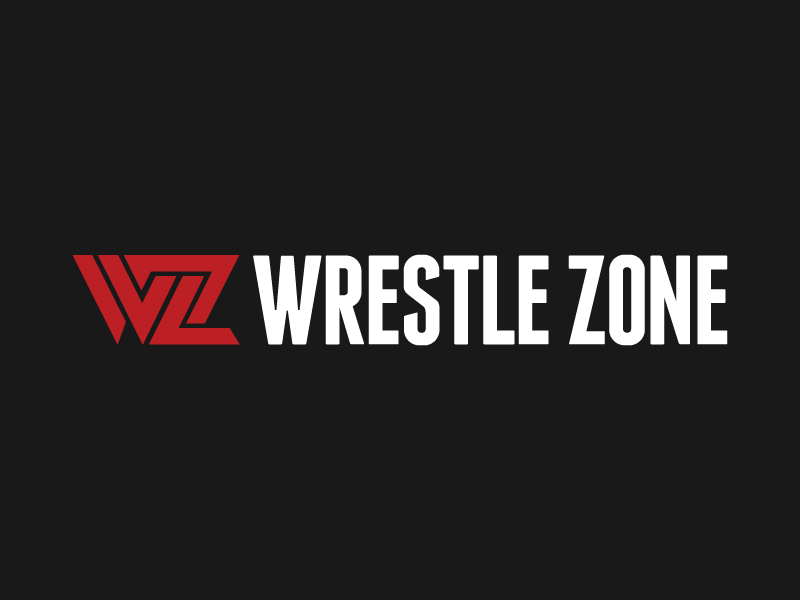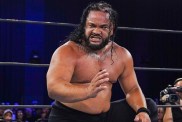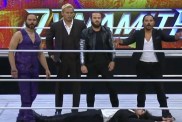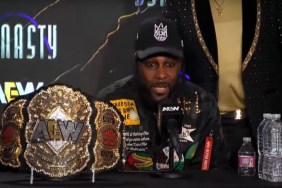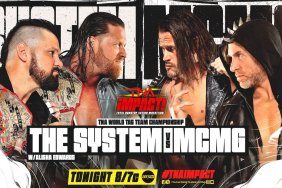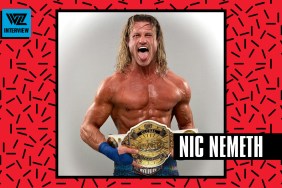Car keys. A graduation certificate. Your own place. That first paycheck.
For each individual, something different marks the final moment of childhood, a symbol later valued dearly as a single preserved memory of the whole inescapably awkward transition. This rites of passage, from child to adult, is dealt with differently between cultures. Some require their boys to endure tasks of great agony and courage, to validate the masculinity nature is endowing them with involuntarily. An act that translates decades of ageing into a single split second. Similarly, some communities mark one’s growth with adult behaviour, such as child rearing or marriage in the early teens or as soon as possible. Every community on every continent has a defined protocol or to-do list that must be satisfied for a youngster to be seen as adult by the rest of their society. The common denominator between all cultures being that the youth are baptized in some way to signify the biggest and most confronting transition they will ever undergo. From the child they were to the adult they will stay.
However, in 1955, films such as Blackboard Jungle and Rebel Without a Cause, came an overhaul of this developmental process. The limbo between, where the body was adult but the mind wasn’t, were dubbed the teenage years, and a previously non-existent subculture was created, and has remained and continued to define itself since. Before, the tumultuous state of the world (wars, depression, and sickness) had not allowed children self-indulgent years to explore and come to grips with their new role, and subsequently, the responsibilities it entailed. No pair of hands could afford to be wasted. But in the post-World War 2 calm and proliferation of suburbia, middle class comfort allowed the population to become self-involved, and justify a mild vanity.
Ever since, parents and experts have excused the antisocial habits of the teenagers they created.
“It’s a difficult time”.
“Hormones”.
“They’ll grow out of it.”
But few do. Come their 20th birthday, or even 30th, many men still maintain their hold on the last tethers of their teenage years. Be it hobbies, mindset, or outlook of the world. Unable to accept that the period of excusable selfishness and absent responsibilities, is only a temporary gift. A recompense for the confusion of the traumatic, hormone fueled purgatory, which has since subsided. The phenomenon has become so widespread that the media is catering to this prolonged mid life crisis, and are noaw feeding grown men doses of nostalgia as a placebo for their long gone youth. For example, Adult Swim, a channel designed for adults, dedicated to the cartoons that defined a generation, a generation ago. Radio stations that play decade stale hits exclusively. And an endless production line of DVD box sets, featuring bite size pieces of forgotten sitcoms and primetime favourites.
But often, media outlets needn’t even target the grownboy demographic for them to tune in religiously. Professional wrestling is such a case. A pan shot of an arena will reveal that children are outnumbered three to one; by men who continue to enjoy a pastime they have since could tie their own laces. From an outside perspective, nothing is more pathetic or heartbreaking than seeing grown men act without dignity, with glitterpainted signs, and faded t-shirts that were never meant to see the light of day, yet have seen too much.
And on first look, it is.
For centuries boys and girls accepted their assigned roles as breadwinners, warriors, or partners. No questions. Has society become too pampered, that we try to escape the most minimal of responsibility, with this more social alternative to thumbsucking. Is it denial? Probably. But how can denial be separated from sincere enjoyment. When there’s no sin in sincere enjoyment. It’s such a rare sensation. And while writers, drone on ad nauseum about the rut wrestling is in, past stars refusing to stay in their recliners, and the constant complaining, “it’s not as good as X used to be.” they forget the magnitude of this nostalgia epidemic. Too busy making mountains out of molehills to realise that however destructive and disturbing the state may be … it’s totally harmless. A harmless warm fuzzy feeling inside. The definition of entertainment.
It’s no wonder that droves of corporate lackies leave their grey cubicles and flock to the WWE for a childish two hours.
Outsiders will never comprehend the satisfaction derived from men in tights engaged in staged epics. Much like wrestling will never engage with the entertainment of an Oprah episode. But as a fan, seeing and knowing these nontoxic narcotic effects, it’s difficult to come to terms with the opposite problem. Growing out of professional wrestling. Involuntarily. And like taxes and death, nothing can hinder growing up.
It begins with a few unmourned missed episodes. Maybe the odd forgotten pay-per-view. Until for months at a time, exposure to wrestling may be limited to a single disinterested hour, before retiring to more worthwhile pursuits. Or perhaps distracted by the newfound responsibilities of semiadulthood, such as the eternal maintenance of balance between, life, love, school and work. Or maybe, the most concerning of all reasons, simply forgetting that it is on. Alarming because only weeks previous you can see your pastself watching the minutes come and pass until the opening credits of Raw began. And then it becomes clear. Your new adultself has been born without the fevered wrestling obsession, that underscored every action you used to make. And you can’t help thinking in panic, that it will never return, regardless of how much you want it to.
For those who have not yet reached this stage, it’s impossible to imagine. For those who have passed this phase, you look back fondly but solemnly. And for those currently experiencing this alienation, it’s a miserable inevitable detachment from enjoyment. Growing up.
At first, the answer seems obvious. You’re moving onwards and upwards. Becoming an adult. The final effect of adolescence. But then, in the few minutes you can motivate yourself to watch, the majority of the audience are adults. Well and truly adults. Somehow surviving this current apathy. For a wrestling fan, those mostly overweight, probably single, middle aged men in faded nWo t-shirts, are inspirations. Role models. A glimpse of a perfect futureself.
To an outsider, the Hammerstein Ballroom, is an example of everything wrong with humanity, but to a jaded fan, it’s a heaven out of reach.
So, what is it that allows some their guilty pleasure, unashamedly. And wrenches others from it, without them knowing, until it is too late. The truth is, everyone experiences a stage of disinterest, boredom and painful predictability. A time, mostly following adolesence, but not always, when an individual emerges from his or her cocoon, where they have spent the better part of a decade developing from their generic larvae state to who they will become and stay. Except, in the process, certain aspects and lifeobjects are jettisoned. Too unimportant. Too time-consuming. Too frivolous. And then for years, or decades, they settle into a position on the corporate conveyor belt, and begin the slow horizontal journey through several promotions to retirement. The comfort does not last long. An itchiness. Even the most comfortable of armchairs become uncomfortable in time. Something’s amiss. The frivolity of youth has been locked in storage under a box action figures and ten cent comic books. With the wrestling tapes.
And so, instincts lead them back to the arenas, merchandise and toy stores, and back to the couch, remote in one hand, and tapes in the other. These individuals now dominate the audience base, and are the source of most of the vocality and passion at an event.
Some call this a mid-life crisis. Mature age denial. But rather, it’s the opposite, a return to form. The not quite straight and narrow. Richard Bach, an American novelist, once said; if you love someone set them free. If they come back they’re yours, if they don’t they never were. Without stretching, the same applies to wrestling, and this pre-life crisis. A fan must know what it is to be without their outlet outside reality, for them to truly appreciate it. And it’s also true that some never return, but those that do, are the ones that can’t be gotten rid of.
This pattern of behaviour is not exclusive to the fans either, wrestlers themselves have pushed themselves away from the childhood dream they inhabited, in order to “mature”, only to return, hungry. Think Jeff Hardy, Brock Lesnar, and even The Rock to some degree. Who all, despite self-triggered hiatuses from the business, migrate back. History has also proven that once returned, they never leave. For better or worse. Seen in the legends who have experienced retirement and are determined never to suffer it again. Because in their leave of absence, they discover the grass is much greener where they were, and that it is as good as it gets. In the same way, companies can’t shake off their newly acquired middle-aged hordes, who will stay going, and stay watching, because they know what life was without excusable immaturity.
Whether you are a casual fan, a jaded post-fan, or a hardcore foreverfan, a lesson can be learnt. Savour each match. Savour each character, each angle. Savour each failed, flawed and/or unfunny segment. And when the temptation to complain, become frustrated, or leave, creeps up behind you. Ignore it. Because for most, this weekly habit proves that despite life, we can enjoy something for no other reason than we just do. Just because our bodies grow up, doesn’t mean we have to as well.
If you would like to contact me, my email is TheButchershopColumn@hotmail.com.
Over and Out.
Jim “The Butcher” Browne.
